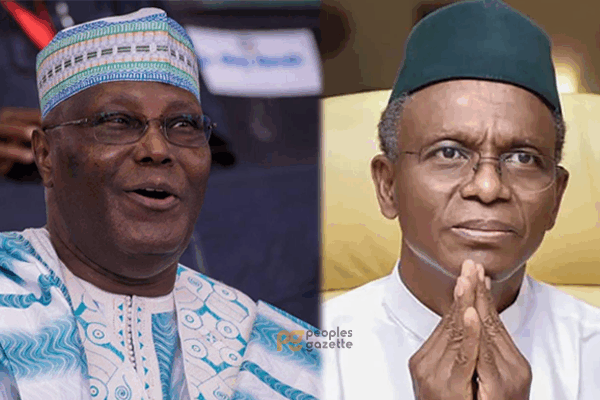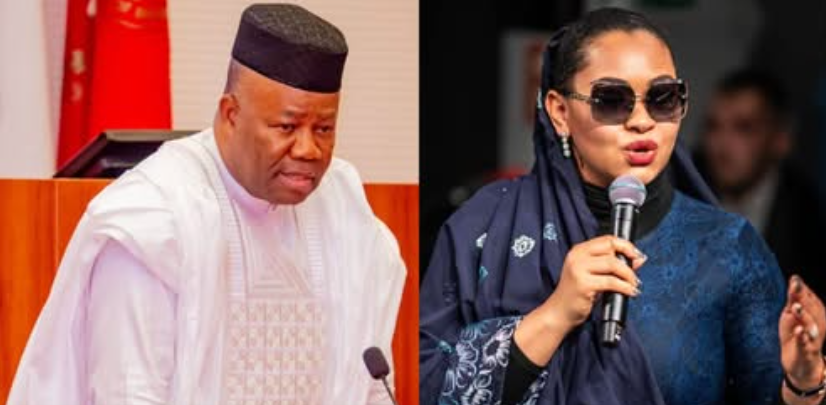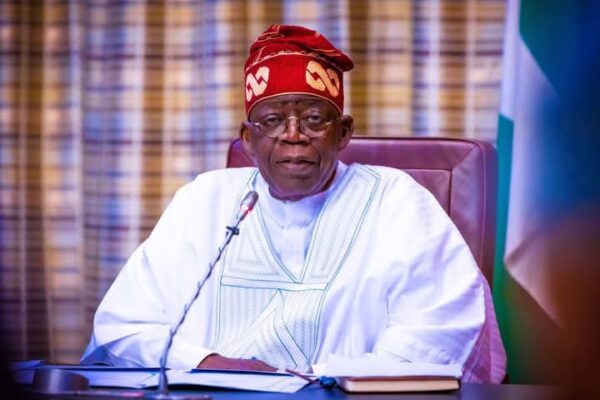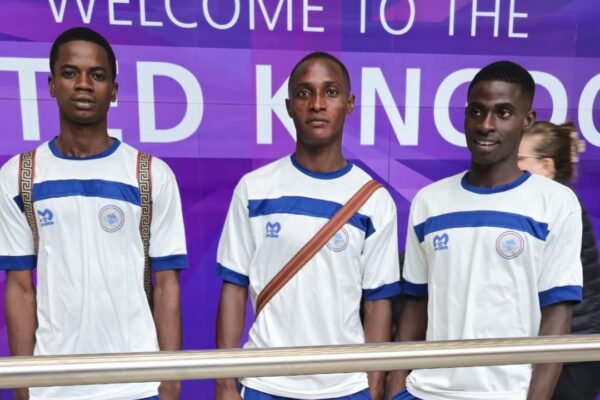The Federal Ministry of Works has announced the full closure of the Marine Bridge in Lagos for 60 days, starting on Sunday, April 27, 2025. This long-anticipated shutdown marks the beginning of a critical structural rehabilitation aimed at replacing 50 worn-out bridge bearings. The repair will unfold in three phases, each lasting 20 days, and is expected to create significant traffic disruptions, especially during the initial phase when a section of the bridge will be completely closed.Olukorede Kesha, the Federal Controller of Works in Lagos, shared this update while speaking on a national television program. She clarified that the Marine Bridge—often confused with the Ijora Bridge—will undergo a phased lift-and-replace operation to update its aging components. The Role of Marine Bridge in Lagos TransportationThe Marine Bridge connects key commercial and residential areas, including Apapa, Iganmu, and Ijora. It plays a vital role in Nigeria’s logistics and maritime economy by serving as a major route to the Apapa Port—the country’s busiest and most important seaport. Every day, thousands of vehicles, including heavy-duty trucks, pass through this bridge to access warehouses, terminals, and major business centers. Over the years, the bridge has suffered from neglect, with critical structural parts like bearings reaching the end of their life cycle. Bridge bearings are crucial—they support the weight of the bridge and help it respond to loads, temperature changes, and vibrations from vehicles. With several decades-old bearings now weakened, the Ministry is stepping in to prevent future collapses or safety incidents. Three Phases of Repair: What to ExpectThe Marine Bridge repair will happen in three phases, each taking 20 days. Each stage targets a specific section of the bridge, and the extent of the closures will vary. Phase One (April 27 – May 17): Full Closure of Bridge Entrance The first phase involves a total shutdown of the section at the beginning of the bridge. Engineers will lift this part of the bridge to replace several of the old bearings. Because of the intensity of the operation and safety risks, no vehicles will be allowed to pass. This is expected to cause major traffic congestion in surrounding areas such as Iganmu, Ijora, and Apapa. Phase Two (May 18 – June 6): Midsection Repairs with Partial Diversions In this phase, work shifts to the middle of the bridge. There will not be a total closure this time. Instead, vehicles from Iganmu will be funneled into one lane while work is carried out on the other. This approach will reduce complete gridlock while allowing construction to continue smoothly. Phase Three (June 7 – June 26): Final Work Near Apapa Exit The last section to be repaired is the bridge’s exit near the Area B Police Command in Apapa. Similar to Phase Two, traffic will be diverted to one side while workers carry out repairs on the other. This phase will complete the replacement of all 50 bearings and conclude the project. Heavy Traffic Expected – Motorists Urged to Take Alternate RoutesThe full closure in Phase One is expected to cause the worst traffic congestion. The Lagos road network is already under strain, and blocking off a major access point like the Marine Bridge will place additional pressure on nearby roads. Motorists, especially commercial drivers, should prepare for delays and disruptions. To reduce traffic buildup, the Ministry has recommended alternative routes for different categories of drivers: For Heavy-Duty Trucks and Trailers:Articulated trucks should completely avoid Ijora. Instead, they are advised to move from Costain to Iganmu and proceed directly to Apapa using dedicated freight corridors. This will prevent unnecessary gridlock around Ijora and keep the repair zone safer. For Smaller Vehicles and Local Businesses:Cars and smaller trucks that need access to businesses near Ijora 7UP can take a left at the Ijora roundabout and use the side access route to join the bridge from an alternate angle. This route will be available once full closure ends after the first phase. Traffic officers from the Lagos State Traffic Management Authority (LASTMA) will be deployed to key intersections to manage congestion and ensure smoother vehicle flow. Commuters are encouraged to leave early, carpool where possible, and use digital traffic apps like Google Maps and Traffic Butter to find the fastest routes. Stakeholders React to the AnnouncementThe closure has drawn mixed reactions from residents, transport operators, and logistics companies. For many freight businesses operating out of Apapa Port, the timing of the closure—so close to the middle of the year—raises concerns about delays and rising operational costs. For everyday commuters, the situation is equally frustrating, especially for those who rely on the bridge to travel to the island for work. Despite these concerns, the Ministry of Works insists the bridge closure is necessary and overdue. According to Kesha, “This temporary inconvenience will ultimately benefit everyone. Safety is the top priority, and we must act now to prevent future tragedies.” The Ministry has also coordinated with several stakeholders, including the Nigerian Ports Authority (NPA), port concessionaires, and local governments, to manage the fallout and ensure cooperation throughout the repair period. Why This Rehabilitation is UrgentThis is not the first time the Marine Bridge has required emergency attention. In the past five years, short-term repairs have been carried out to address joint failures and exposed steel components. However, engineers have repeatedly warned that those efforts were only stop-gap measures. The bridge’s core components, including the bearings, have not been comprehensively replaced in decades. By late 2024, inspections revealed that many bearings had become brittle or displaced, risking severe structural instability. In response, the Ministry approved the full-scale rehabilitation now underway. This project marks the first time in over 30 years that such an extensive operation will be carried out on the Marine Bridge. Post-Repair Expectations and Future Infrastructure PlansOnce the repairs are completed in late June, the Ministry of Works will conduct final inspections, including load testing and safety assessments. If all goes well, the bridge is expected to remain structurally sound for another 10–15 years, provided it receives routine maintenance. Looking…









